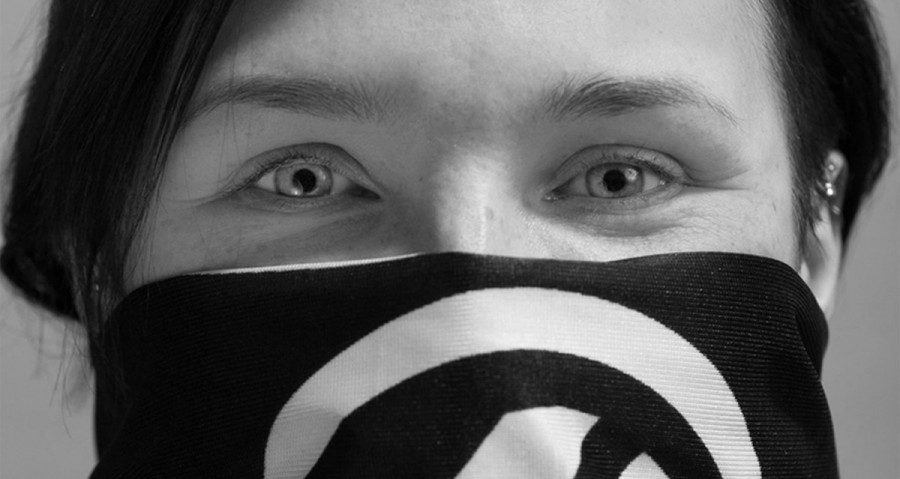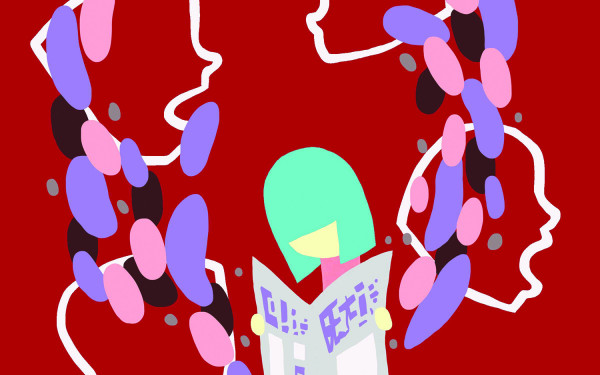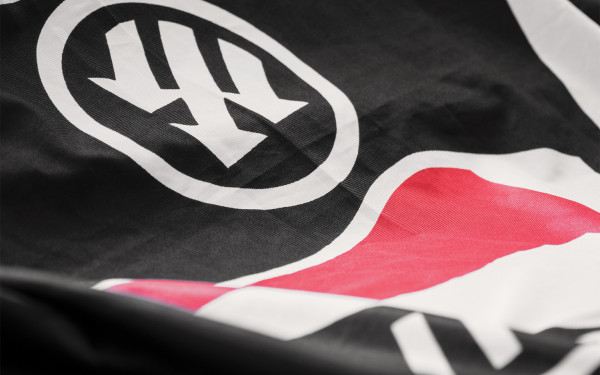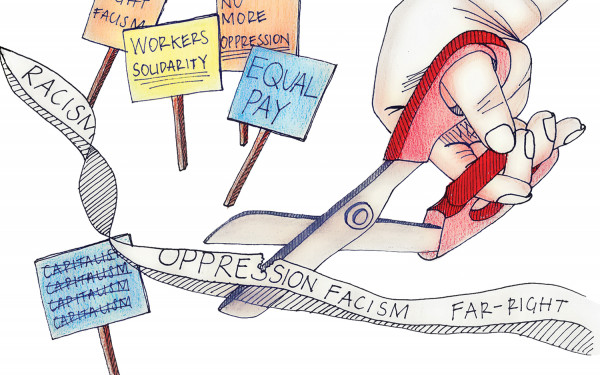Editorial: We Are All Anti-Fascist
It’s apparently controversial to identify yourself as an anti-fascist in 2018.
Anti-fascists are just as bad as fascists, we’re told. Those kids in black masks just want to shut down free speech and break windows. Hell, even the Montreal police hate crimes division, of all things, is focusing its energy on surveilling anti-fascists.
Well, for what it’s worth, we at The Link are anti-fascist. And you should be, too.
Not even 100 years ago, fascists rose to power for the first time. It’s a story with an end we all know—it ends in the mass graves at Treblinka, Bełżec, and Auschwitz. We take the lessons of this story seriously, and vow to make “never again” a reality.
How is it, then, that survivors of the Holocaust are still walking among us, yet we live in a time where fascism is once again on the rise? Fascist terror is occurring across the United States and Canada. A white nationalist walked into a mosque with a gun and murdered six people in Quebec City. In America, one of many neo-nazi groups has been tied to dozens of murders. Fascists march in the streets, and we wring our hands but accept it as the new normal.
As journalists, this presents us with a unique dilemma. We see that the far-right is growing, and it’s an event of public interest. But media coverage can contribute to the rise of the far-right and, in fact, it already has. So what can we do?
We choose to make our position explicit. We choose to take sides. And we choose to stand firmly on the side of those resisting racism and fascism.
Fighting fascism is not a free speech issue. The theory that we exist within a “marketplace of ideas” in which the best ideas inevitably win out is a lie. If it were true, we would never have had people like Hitler, Mussolini, or Franco.
Fascism ends in the mass graves at Treblinka, Bełżec, and Auschwitz.
Instead, the question of which ideas win is a question of power. Who will build the capacity to make their ideals a reality? Every time fascists attempt to organize—to hold a rally, a speaking event, or even put up stickers—they are building that capacity. It’s everyone’s job to stop that from happening.
And we do mean everyone. Anti-fascism can’t exclusively be the domain of a handful of radicals. There’s an important place for that, but for it to be effective it needs to be widespread. And in order to build a broad, popular anti-fascist culture, to defend our society against the appeals of the far-right, we need to talk about what’s going on.
We hope that this issue can be our small contribution to the process of popular education that we see going on around us. In it, we attempt to understand the phenomenon of the far-right through many different angles. What groups are active in Quebec? How do fascists recruit on campus? What role can labour unions play in the anti-fascist movement? We can’t cover everything, but we hope that the articles within these pages make for a good start.
By putting together and publishing this magazine, we hope to make this complex political issue accessible and understandable for you, our reader. Because we know that, with something this large, it can sometimes be hard to know where to begin. We hope that if you start here, you’ll have a good idea of where you can involve yourself in building a society based on freedom, justice, and equality.
It might be controversial to call yourself an anti-fascist in 2018, but we can’t shy away from controversy—especially when people’s lives across the world are on the line. As journalists, and as members of communities who would be targeted by fascist violence, we refuse to be silent.
When we say “never again,” we need to mean it.




1_600_375_90_s_c1.jpg)

